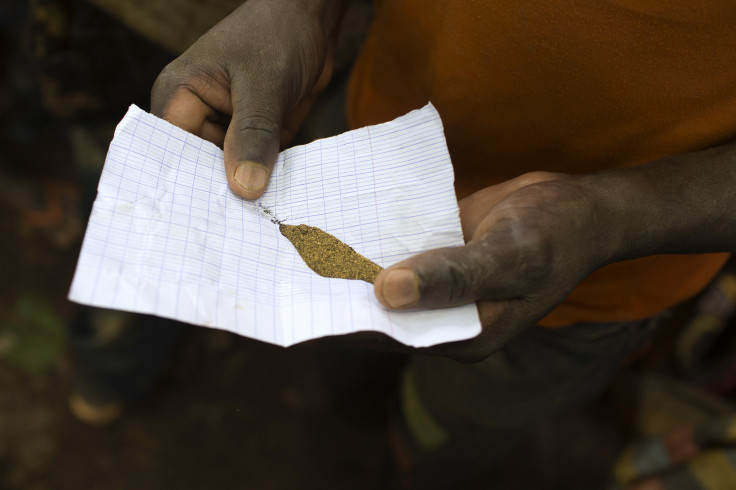Conflict Minerals: Rights Group Urge European Parliament To Implement Tougher Rules

The European Parliament is scheduled to vote Tuesday on a draft European Commission proposal seeking to curb the trade of “conflict minerals,” which are sourced from war-torn regions, mainly in Central Africa. However, in an open letter to members of the parliament, several human rights groups have complained that the “weak proposals” do not go far enough.
Conflict minerals are essential for the manufacture of several electronic devices -- such as smartphones and laptops -- demand for which is growing around the world. And it is believed that rival militias and warlords in sub-Saharan Africa have, for decades, exploited the mining industry for these minerals to fund their operations.
“In March 2014, the European Commission put forward a draft regulation to address the trade in conflict minerals that, if passed, would fail to have a meaningful impact. … It is entirely voluntary, giving 300-400 importers of those minerals the option of sourcing responsibly and reporting publicly on their efforts to do so, through a process known as ‘supply chain due diligence,’” the organizations, which include Amnesty International and Global Witness, wrote, in the letter.
The European Union, with over 500 million consumers, was responsible for almost a quarter of the global trade in tin, tungsten, tantalum and gold in 2013, Global Witness has estimated. However, according to the rights groups, the 28-nation bloc has failed to implement measures requiring companies to source these minerals responsibly.
Moreover, the proposals presented by the European Commission in March last year cover only four minerals -- tin, tantalum, tungsten and gold. They also fail to address the issue of finished products containing these minerals entering European markets, the rights groups wrote in the letter.
“This is a landmark opportunity for progress. But the weak proposals on the table would leave Europe lagging behind global efforts, including mandatory requirements endorsed by the U.S.,” the organizations wrote, referring to the Dodd-Frank Wall Street Reform and Consumer Protection Act of 2010 under which companies listed on U.S. stock exchanges have to ensure their mineral purchases are not funding warring factions in the “Democratic Republic of the Congo or an adjoining country,” and report on their findings.
In order to strengthen the EU's proposals, the organizations urged lawmakers to vote in favor of a rule that requires all companies sourcing conflict minerals to “carry out supply chain due diligence” and one that is flexible enough to cover other minerals that may be linked to conflict and human rights abuses in the future.
“As long as an illicit industry can flourish unchecked, the trade in conflict minerals will supply funds and motivation to violent and abusive actors,” the organizations wrote. “Inaction and irresponsible business comes at a serious cost.”
© Copyright IBTimes 2024. All rights reserved.












